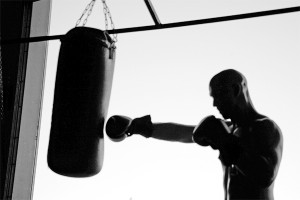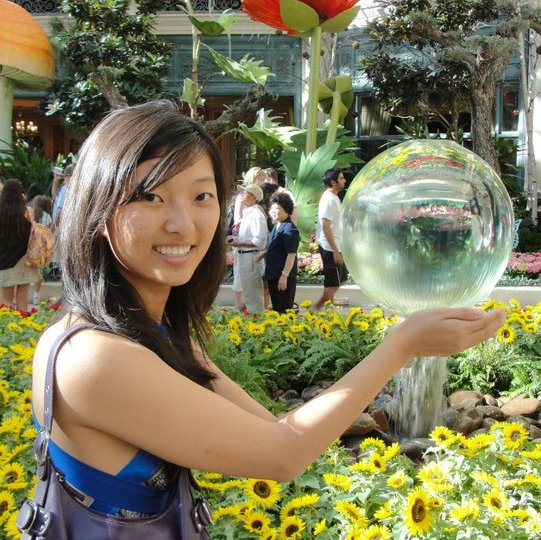“We all use math everyday – to forecast weather, to tell time, to handle money. We also use math to analyze crime, reveal patterns, predict behavior. Using numbers, we can solve the biggest mysteries we know.”
~Numb3rs

photo credit: u-kult.de
I saw a commerical for Numb3rs and decided to start watching that now that show I’ve completed all seasons of NCIS. As I went through the first episode, I noted how often referrals to natural occurrences were made. The entire philosophy is that through the language of mathematics, we can find the equations (or “sentences”) that explain natural phenomenon. Add all that up and you have the backbone of mother nature’s workings. It makes me wonder if math is the language that she speaks in and expresses herself in.
Let me draw some parallels. To start with, numbers, letters, and symbols comprise the alphabet of complex mathematical equations, just like letters and accents comprise the alphabet of human words and sentences. Each one has a unique meaning and depending on how you combine them, meanings change drastically. From there, words combine to become sentences and sentences combine to express ideas, just like variables combine to create equations and equations aggregate to matrices (or something like that). I’m not exactly a mathematician, so forgive me if this metaphor is slightly inaccurate. I think you get the point though.

A romanesco broccoli. Fascinating example of a fractal occuring in nature. photo credit: tiger.towson.edu
And it’s true, math is found all throughout our lives. Probability, percentages, the Fibonacci sequence, fractals… the list goes on. Everywhere we turn, we are unknowingly interacting with numbers or in ways that mathematics can explain or predict. Take the very computer you are using to read this now. Though it’s all nice and neatly presented to us in visually appealing ways, computer programs use binary code. Imagine trying decode 01110100011010000110100101110011 in binary. What does that turn out to be? Well, try it out yourself. So then binary would be a subset of mathematics, or a “dialect” of the language of nature, if you will. Of course, we use it ourselves on a daily basis when we make financial decisions (is 3% interest better or 2% interest with handling fees better?) or compare differences in our lives (is he more likely to agree to a lower price with free gifts or a higher price with no hidden charges?).
It’s no secret that the physics we encounter everyday abides by certain principles, guided by equations. So I guess it’s not shocking to posit that math explains nature. I guess it’s just strange to think that all those equations you began to learn in school are the building blocks for finding the patterns that we see in our lives. However, math is all about predictability and people generally want to find a definitive answer from the calculations they make. In life, there are just too many variables to consider and I don’t know if humans have the capacity to fully comprehend the immensity of the language we would need to master. No doubt as with non-native speakers of any language, we are bound to make grammatical errors that may give the gist of what we’re trying to express, but don’t do so so beautifully and elegantly as the one native speaker of that language: physics, the master of nature. I do believe that the physical world follows the guidelines of physics and that rulebook, though we have cracked much of, is still much a mystery to us.
[edit] A few episodes later, they actually said that mathematics is the language of nature in the show! Yup.

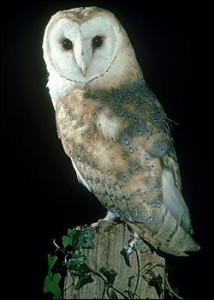
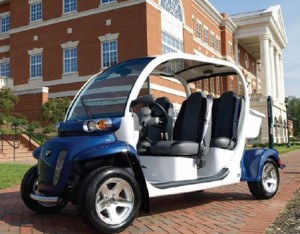









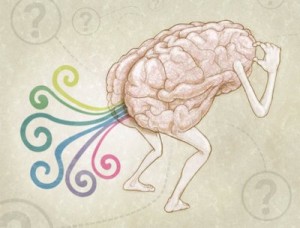

 I’ve finally gotten a chance to join the green movement by helping out at
I’ve finally gotten a chance to join the green movement by helping out at 
 A harder thing for me to do right now is buy all-natural, organic, local, or fair trade products. With no income, I’ve got to go for cheapest over other benefits. However, my mom and I have been living an essentially waste-free life for a few months now. We compost all the perishable items that we don’t completely consume. We recycle the plastics, cardboard, aluminum, and glass that we may come across. The other items are the little bit of trash left over that we do have, which doesn’t amount to that much at the end of the day. In fact, my mom has even canceled our trash-collecting service. I’m working on buying less bottles and opted for a powder to mix my own drinks. I reuse plastic bags like crazy and have stopped leaving a grocery stores with a handful of bags in tow. Instead I try to remember my reusable bags, otherwise I “punish” myself by carrying the items separately. I’ve even dragged Panda into that lifestyle and don’t let him be wasteful when we shop for food.
A harder thing for me to do right now is buy all-natural, organic, local, or fair trade products. With no income, I’ve got to go for cheapest over other benefits. However, my mom and I have been living an essentially waste-free life for a few months now. We compost all the perishable items that we don’t completely consume. We recycle the plastics, cardboard, aluminum, and glass that we may come across. The other items are the little bit of trash left over that we do have, which doesn’t amount to that much at the end of the day. In fact, my mom has even canceled our trash-collecting service. I’m working on buying less bottles and opted for a powder to mix my own drinks. I reuse plastic bags like crazy and have stopped leaving a grocery stores with a handful of bags in tow. Instead I try to remember my reusable bags, otherwise I “punish” myself by carrying the items separately. I’ve even dragged Panda into that lifestyle and don’t let him be wasteful when we shop for food.
